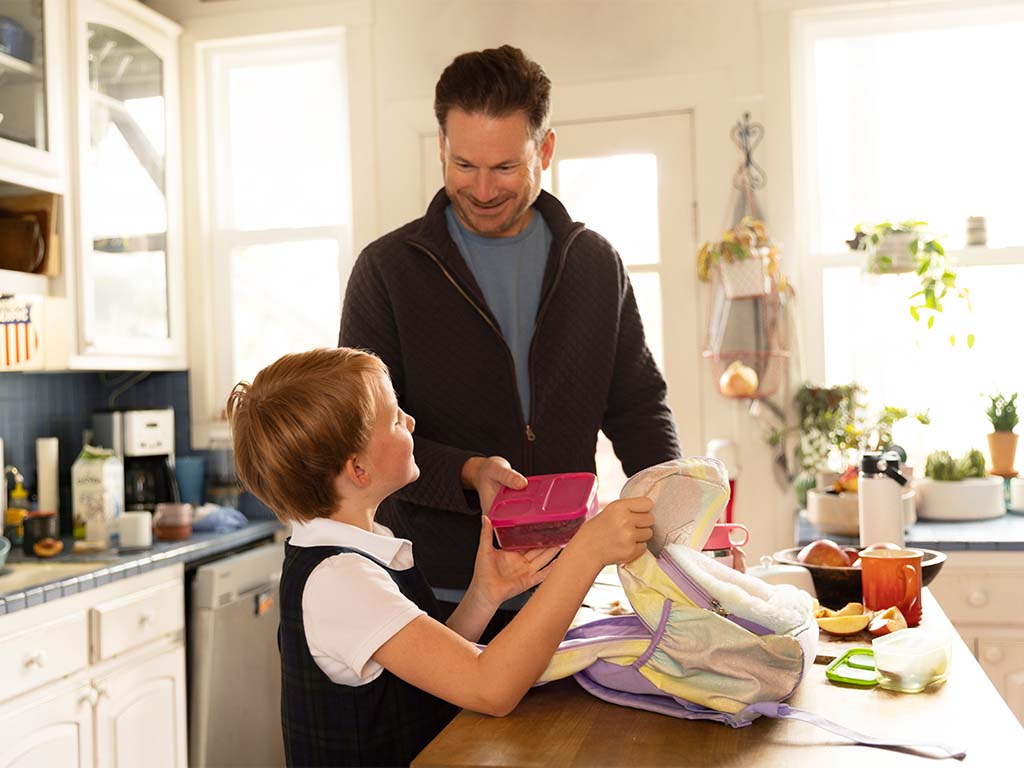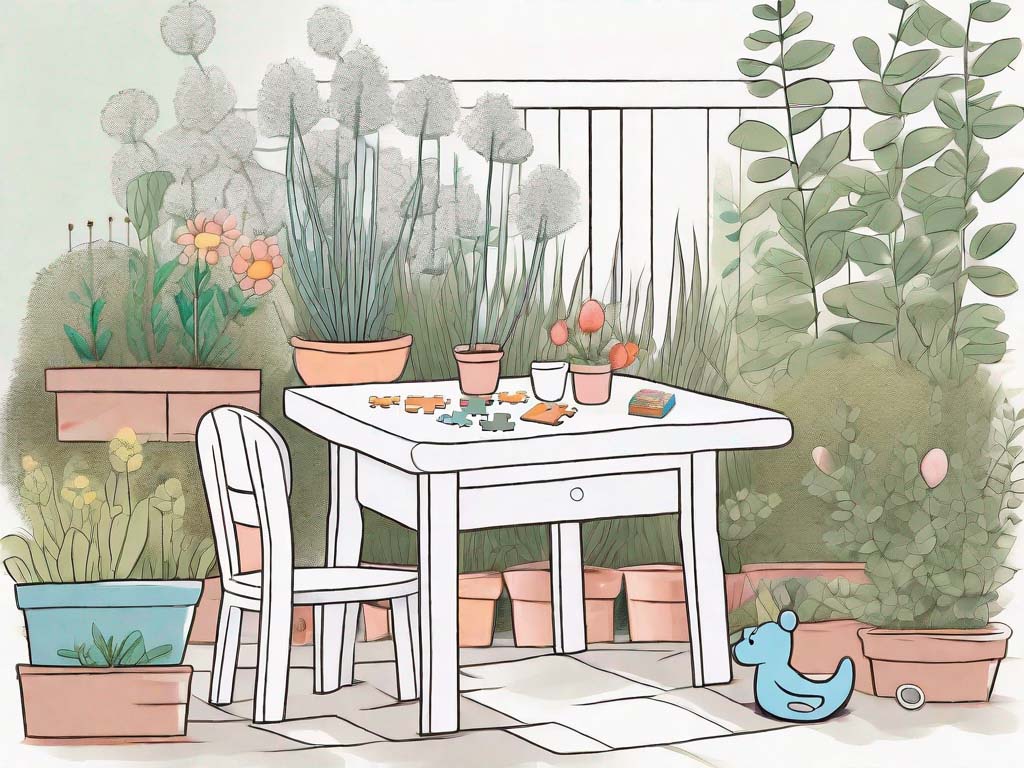
Robin’s Tips and Tools for Parenting
- All behavior has a purpose or a need that is being met through the behavior. Try to focus on the purpose/underlying need of the behavior.
- When you are able to respond to your child’s behavior based on the goal or need of the behavior, as opposed to the behavior itself, misbehavior can be reduced significantly.
- When your child acts up, remember this: Your child is not giving you a hard time; they are having a hard time. They are doing their best with the tools they have at the time.
- Set boundaries with your child, i.e. “My face is not for hitting,” “The couch is not for climbing.”
- Offer your child limited choices (2 or 3 at the most). Make sure you are okay with any choice you offer. Example: “If you need to get some angry feelings out, you may choose to hit your pillow or you may choose to go outside and run around for ten minutes.” Giving your child limited choices offers them a sense of control.
- Help improve your child’s emotional intelligence. Talk about how you are feeling and how others feel. Play games where your child can guess how characters on their favorite tv shows are feeling.
- Practice reflecting your child’s feelings. For example, if they act out because you said no to eating a cookie before dinner, say, “Wow, you feel so angry. You really wanted that cookie.” Show empathy: tell them you understand their feelings and would feel the same way.
- When your child is dysregulated, they need to “borrow” your regulation until they are able to regulate on their own. Sit near your child, let them know you understand how they feel, offer them safety, rock back and forth. Offer a hug if they are willing to take it.
- Don’t try to lecture or use logic when your child is dysregulated; that part of your child’s brain is shut off and they won’t be able to process any information. Wait until your child’s “thinking brain” is turned back on to discuss what happened.
- Teach your child that all feelings are okay. Anger, rage, worry, sad… all okay. It is what they choose to do with the feeling that might not be okay.
- Talk about healthy coping skills. What activities help your child feel better? Do they like to draw? Listen to music? Do something physical like jump on a trampoline? Write in a journal? Bake? Help your child identify several coping skills they can turn to when they are having big feelings.
- Create a calm down corner somewhere in the house. Have your child help you. This should be an area that feels safe and cozy, where your child can go when he/she needs to destress or calm down.
- Allow your child to receive natural consequences for their behavior. For example, if your child throws his toy and breaks it, then he won’t have the toy to play with. If your child refuses to go to sleep and stays up late, she will be tired the next day.
- When you decide to implement consequences for your child, remember to be clear with the consequence and your child knows the consequence ahead of time. Make sure the consequence is in proportion to the severity of the behavior. Be consistent! If you threaten to take away computer time, then do it. Children need to know that you mean what you say.
- Practice using encouragement with your child- instead of praise. While praise focuses more on the end result, encouragement focuses on effort. When your child tries really hard to do something and doesn’t give up, let them know. Watch for signs of positive change- no matter how big or small- and comment on them.
- Catch your child being good! When you see your son share with his sister, let him know you saw it. When you ask your daughter to clean her room and she does it without an argument, point that out to her.
- Model the courage to be imperfect. When you make a mistake, let your child know. Apologize when you mess up. Teach your child that you are not perfect, and you don’t expect them to be either.
- Try to spend quality time with your child every day. Even if it is only ten minutes, schedule it at the same time every day so your child knows in advance. During this time, only focus on your child, and let your child take the lead. Let them direct you in an activity. Be present.
- Teach your child calming skills, such as deep breathing. Practice together every day. The more you practice when these skills are not needed, the easier it will be to access them when your child needs them.
- Practice gratitude as a family. Talk about what you are thankful for. Teach your children the importance of giving thanks and being grateful.
- Remember: You got this! You are an amazing parent and your child is so lucky to have you!



